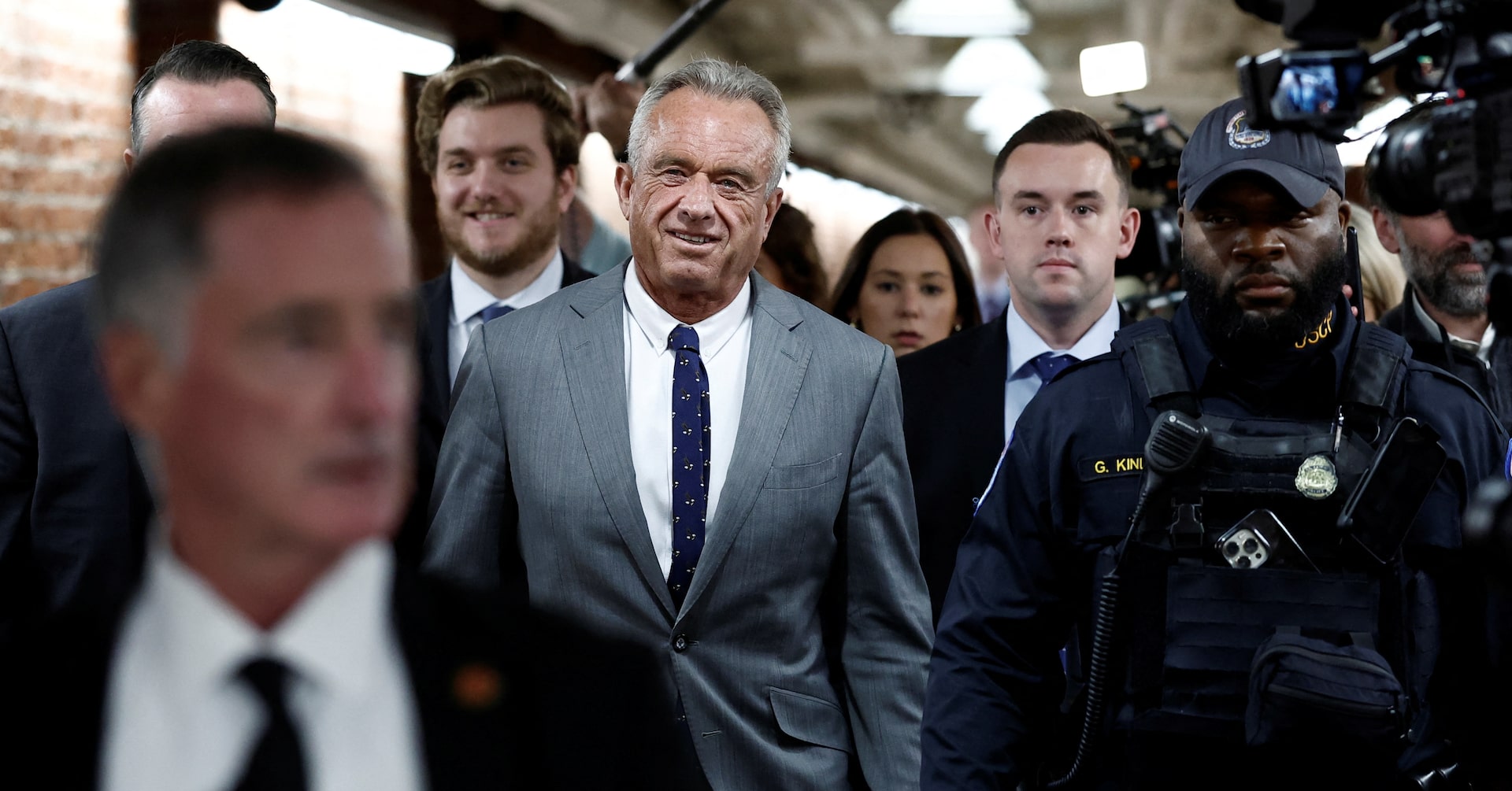Senate Showdown: Kennedy's Health Nomination Faces Fierce Resistance

A coalition of over 80 prominent health organizations is preparing to mount a significant challenge to Robert F. Kennedy Jr.'s potential leadership of a crucial U.S. health agency. The groups plan to vocally express their concerns ahead of his upcoming Senate confirmation hearing, where his controversial stance on vaccines is expected to come under intense scrutiny.
Kennedy, known for his long-standing vaccine skepticism, faces mounting pressure from medical professionals and public health advocates who fear his unconventional views could potentially undermine critical public health initiatives. The unprecedented united front of organizations signals deep apprehension about his fitness to lead a major health institution.
The collective opposition highlights the growing tension between Kennedy's alternative health perspectives and mainstream medical consensus. As the confirmation hearing approaches, the spotlight intensifies on his past statements and potential impact on national health policy.
